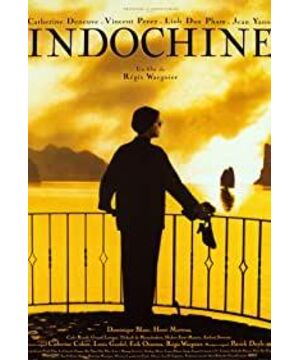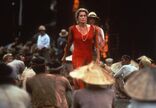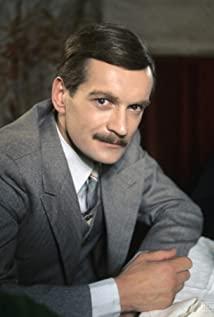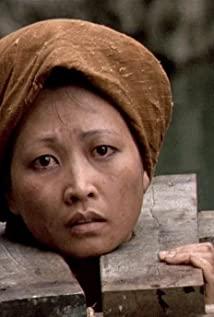. 2. The many metaphors of this movie are actually easy to see. I think most people understand it.
3. Vincent Perez is so handsome! ! ! (Saliva)
Stop talking nonsense, and directly analyze the metaphor of
French mothers adopting colonial princesses. Obviously, it is the fact that France stands cold in Vietnam. France’s feelings for the colonies are complicated. On the one hand, the mother manages the rubber plantation business, and the workers are naturally squeezed slaves. However, it is clear that the mother sympathizes and shelters the slaves for smuggling opium. This is just like a mother's love for her daughter. It is indeed true love, but at the same time it is also a kind of controlled love, as can be seen from the mother's lead dancer in the movie.
Later, the Perez naval officer appeared. He was dualistic. He was a naval officer who assumed colonial responsibilities and sympathized with the local people at the same time. From the first act he set fire to the ship to his suicide at the end, he went from the contradictory side to the other side. This also proved that he was attracted by his mother (French sex) to finally chose his daughter, the Vietnamese princess (Sympathetic). From the beginning to the end, it cannot be said that his love for the princess is a kind of sympathy and understanding, so his love for the child is shown more clearly.
The daughter's rebellion was therefore inevitable, and the officer's child was born on the way to escape. This vietnamese half-breed is representing the old and new alternation of the colony. On the way home, he drank so much milk from the local people, which showed that this mixed blood was still rooted in the soil of the local people in Vietnam. But the princess made it clear that she was unwilling to answer her mother anymore (the girl wants independence, the nation wants independence), and the mother should leave Vietnam, even this beloved half-blood (the colony is no longer just Vietnam's own, but It's time to join the French gene) and it's time to go back to France, and the officer, he has resigned from France, the new Vietnam can be reborn, and his generation's identity should die.
At the end of the play, his son has grown up. He hopes to see his mother again on the eve of Vietnam’s return. He hopes that his mother can call him enthusiastically, and he can call his mother enthusiastically. But this page of history has been turned away, and independent and free mothers will no longer recruit from the colonies. The memories of the colony will only remain in the hearts of the people who have set foot on this land.
View more about Indochine reviews











